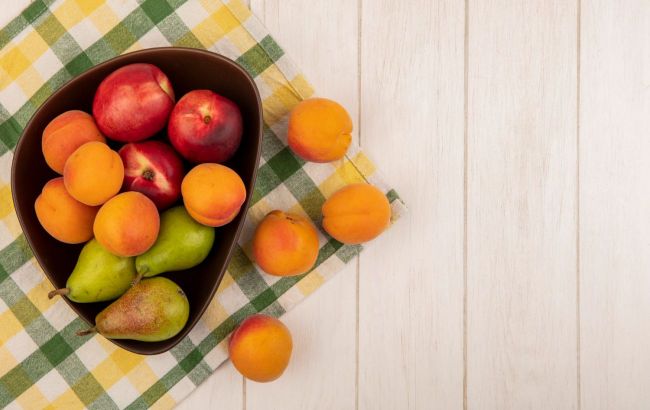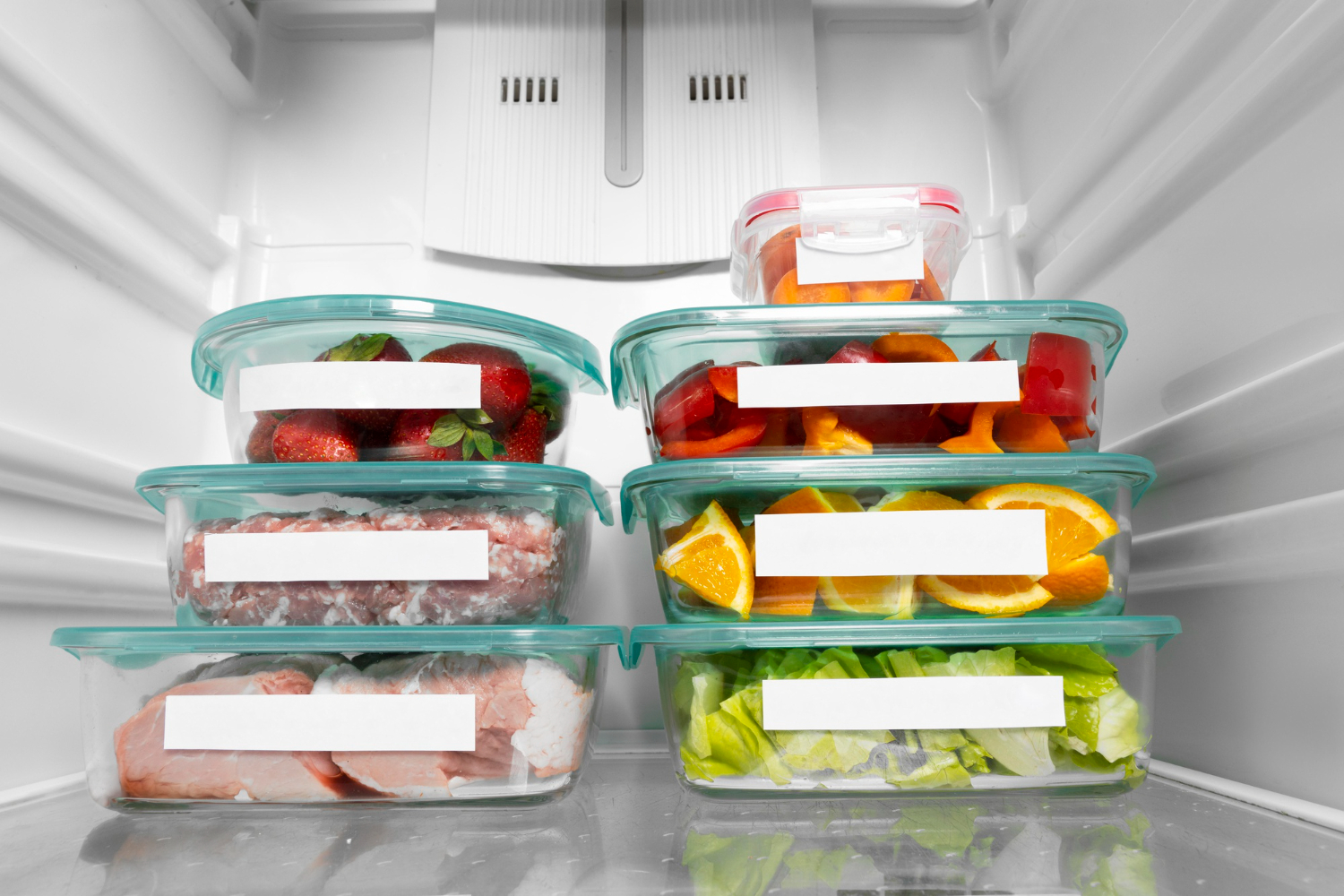Storing fruits in or out of refrigerator: Tips and advice
 Illustrative photo (Freepik)
Illustrative photo (Freepik)
Fruits are a vital source of essential vitamins and micronutrients. While it's common knowledge that keeping products fresh and maximizing their benefits usually involves low temperatures, it's different when it comes to fruits. Despite vegetables often thriving in the chill of the fridge, fruits tend to have a different story.
Sources used: Unlock Food, Eating Well, Good Housekeeping, and Quora.
Where to store fruits
Some fruits, owing to their properties, fare much better in the cold confines of the fridge, while others see no extension of shelf life from lower temperatures and can be comfortably left at room temperature.
Additionally, certain fruits emit ethylene gas, a natural ripening agent, which can hasten ripening in neighboring fruits. While this can sometimes be desirable, like in the case of avocados ripening alongside bananas, excessive ethylene can lead to premature spoilage.
Room temperature fruits:
- Bananas
- Lemons
- Limes
- Oranges
Refrigerator fruits:
- Apples
- Pomegranates
- Grapes
Furthermore, some fruits are best left to ripen at room temperature before being transferred to the fridge. These include:
- Avocados
- Kiwis
- Mangoes
- Nectarines
- Papayas
- Peaches
- Plums
- Apricots
Storage duration and tips
At room temperature, fruits can last anywhere from a few days to several weeks, depending on the type. Generally, fruits like bananas, avocados, nectarines, peaches, and plums can last 3-5 days.
For citrus fruits and apples, including grapes, this period extends to 1-2 weeks.
In the fridge, at temperatures between 8-10 degrees Celsius, popular fruits have the following storage durations:
- Avocados (ripe): 3-5 days
- Apricots (ripe): 4-5 days
- Nectarines (ripe): 3-5 days
- Peaches (ripe): 3-5 days
- Grapefruits: 2-3 weeks
- Oranges: 2-3 weeks
- Kiwis (ripe): 5-7 days
- Mangoes (ripe): 5-7 days
- Apples: 3-4 weeks
- Pears (ripe): 5-7 days
- Plums (ripe): 3-5 days
- Pomegranates: 1-2 months
- Grapes: 5-7 days

Illustrative photo: Freepik
Aside from adhering to recommended storage times, attention should be paid to other factors:
- Select firm fruits with no visible damage to ensure freshness.
- Store fruits separately, especially away from ethylene-emitting counterparts.
- Polyethylene bags with small ventilation holes help retain freshness by releasing moisture.
- Wash fruits right before consumption to eliminate surface bacteria, but avoid excess moisture to prevent rapid spoilage.
- Ethylene-emitting fruits should be kept apart to prevent accelerated ripening.
- Maintain a fridge temperature around 8 degrees Celsius to prevent freezing and preserve taste and texture.
- Avoid exposing room-temperature fruits to excess moisture and direct sunlight.
- Pre-cut fruits should not be stored for extended periods, as oxidation can degrade taste and texture rapidly, while also inviting bacterial growth, potentially compromising health.
Spotting spoiled fruits is relatively easy:
- Changes in color and texture, typically becoming soft, brown, or shriveled.
- Appearance of off-color spots and mold.
- Presence of fruit flies.
Proper fruit storage involves a delicate balance of temperature control, isolation from ethylene gas, and vigilant attention to freshness cues to ensure optimal taste, nutrition, and safety.

